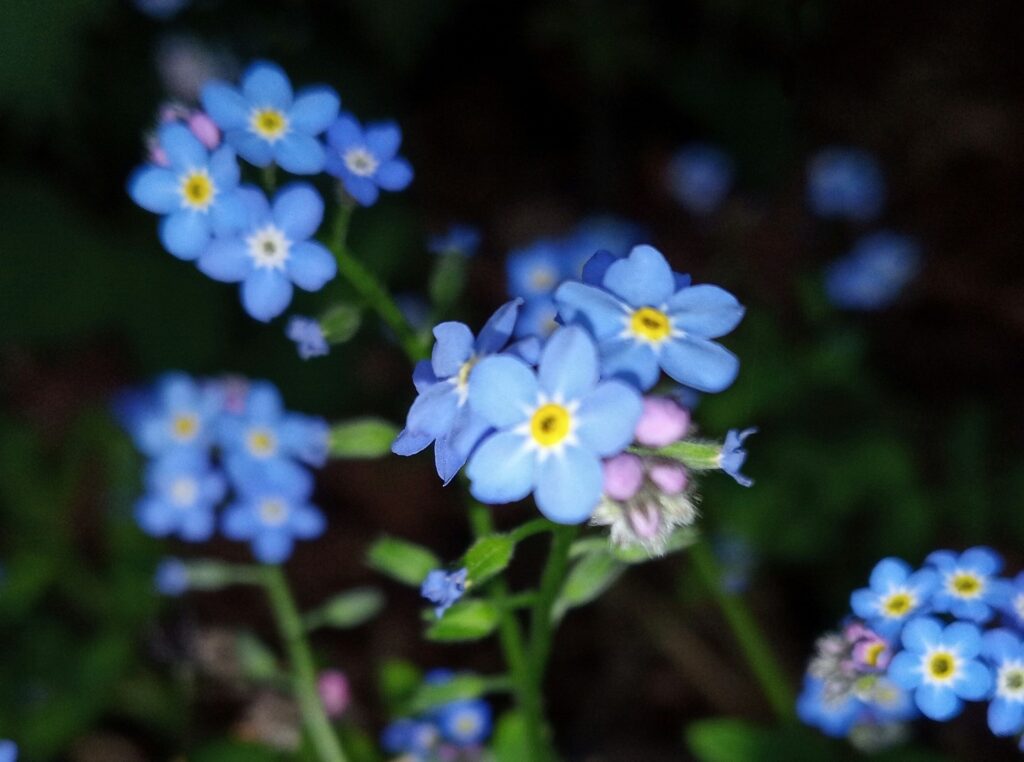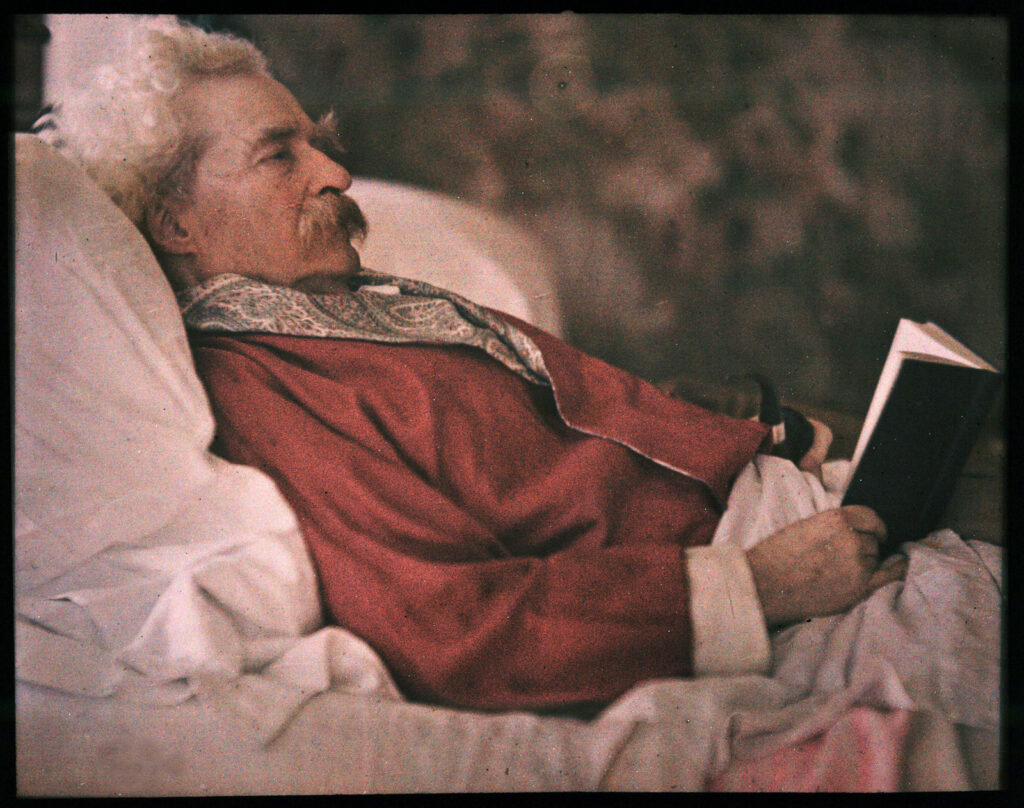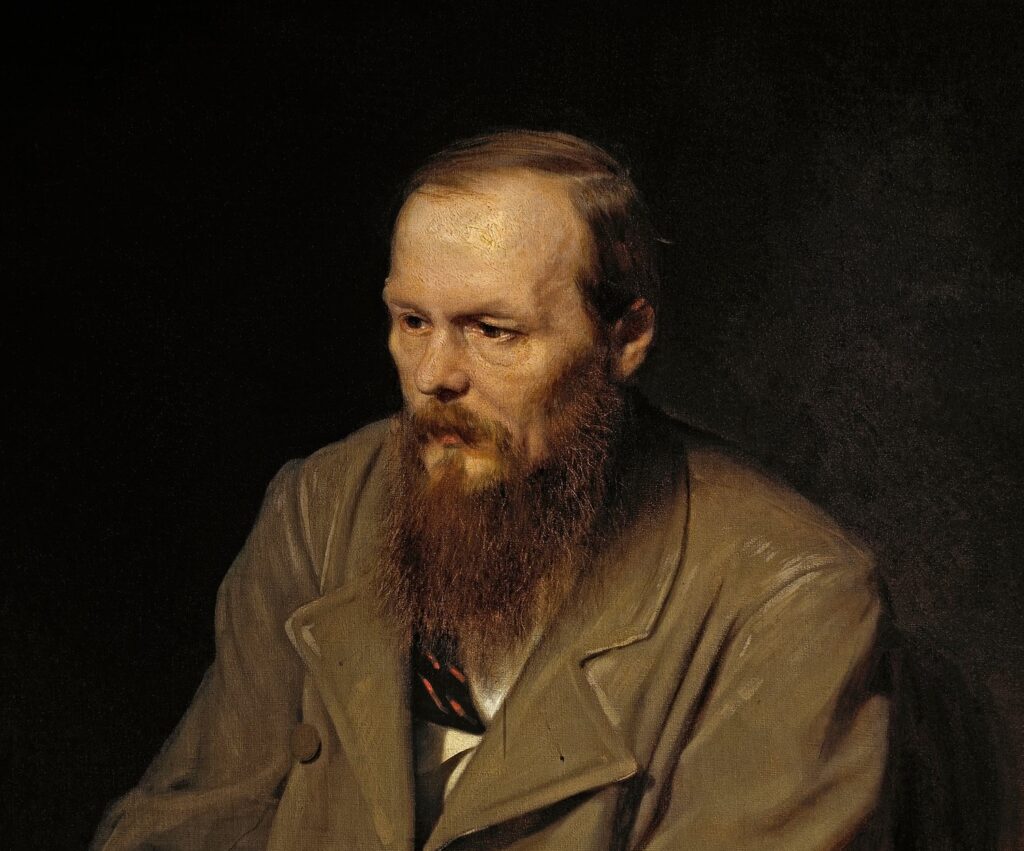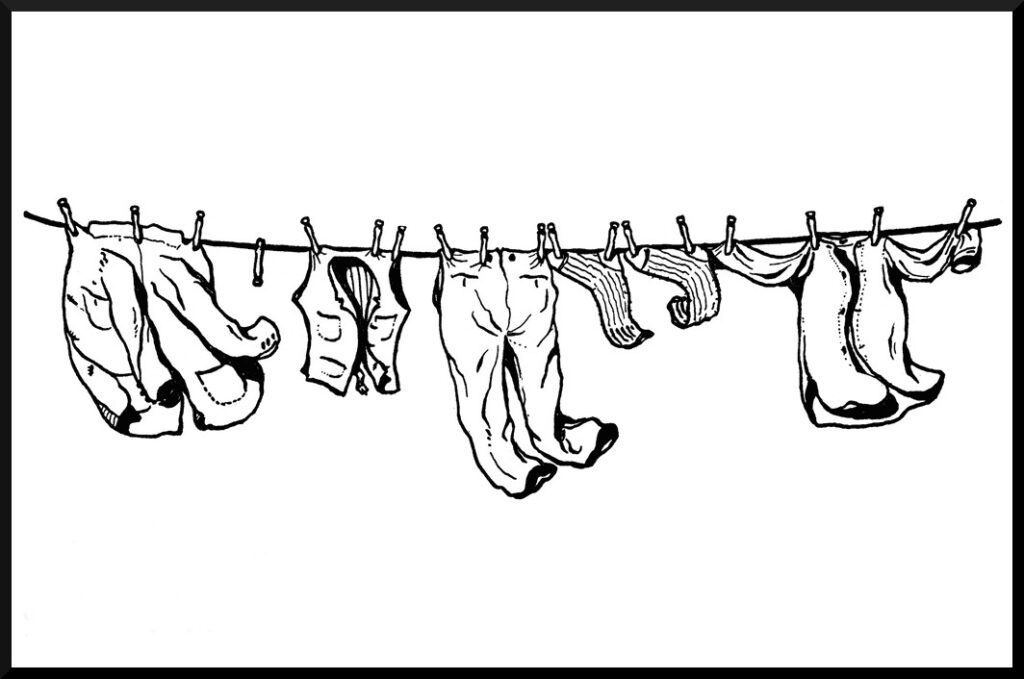Finley Peter Dunne? Martin Dooley? Anonymous?
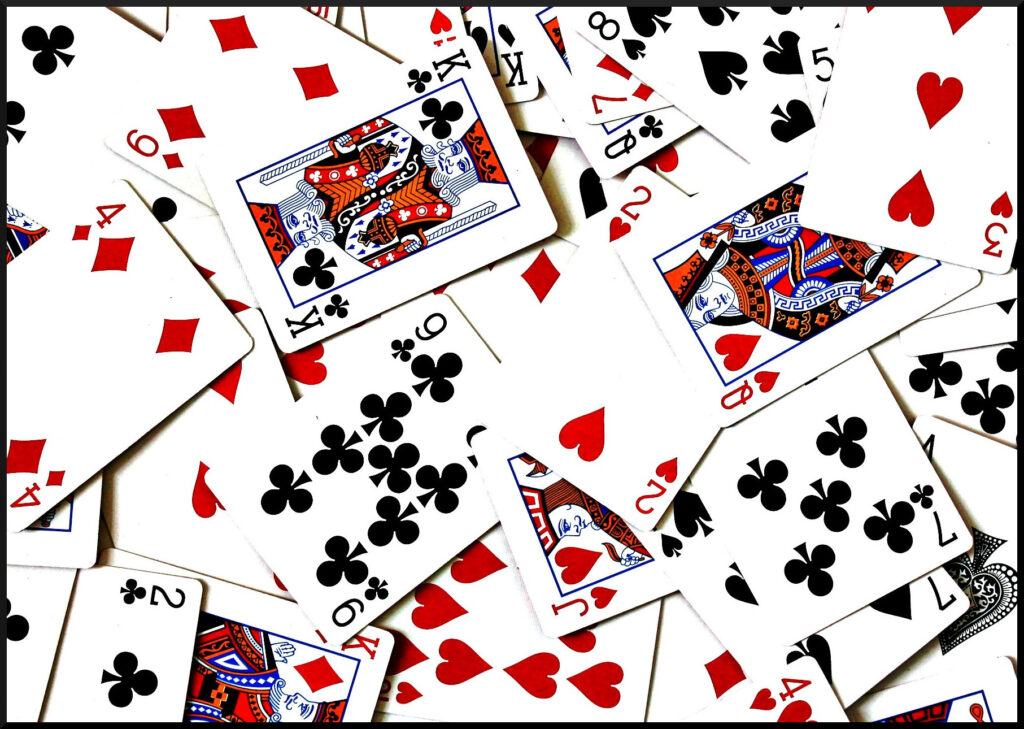
Question for Quote Investigator: One should be generous when conveying trust, but one should not be gullible or naïve. One must take precautions and defend oneself. An adage from the domain of card games presents this viewpoint:
Trust everybody, but cut the cards.
This notion has been attributed to the U.S. humorist Finley Peter Dunne, but I have not seen a citation. Would you please explore this topic?
Reply from Quote Investigator: Beginning in the 1890s Finley Peter Dunne published newspaper columns in the voice of a fictional Irish bartender named Martin Dooley. The columns used nonstandard spelling to reflect the pronunciation of a recent Irish immigrant. In 1900 Dunne published a book titled “Mr. Dooley’s Philosophy”. A section titled “Casual Observations” included the following item:1
Thrust ivrybody—but cut th’ ca-ards.
Here is the standard spelling:
Trust everybody—but cut the cards.
Here are three other items from the same page of the book which illustrate the eye dialect. The items are accompanied with renderings in standard English:
’Tis as hard f’r a rich man to enther th’ kingdom iv Hiven as it is f’r a poor man to get out iv Purgatory.
It’s as hard for a rich man to enter the kingdom of Heaven as it is for a poor man to get out of Purgatory.
Ivry man has his superstitions. If I look at a new moon over me shoulder I get a crick in me neck.
Every man has his superstitions. If I look at a new moon over my shoulder I get a crick in my neck.
If ye dhrink befure siven ye’ll cry befure iliven.
If you drink before seven you’ll cry before eleven.
Below are additional selected citations in chronological order.
Continue reading “Quote Origin: Trust Everybody, But Cut the Cards”